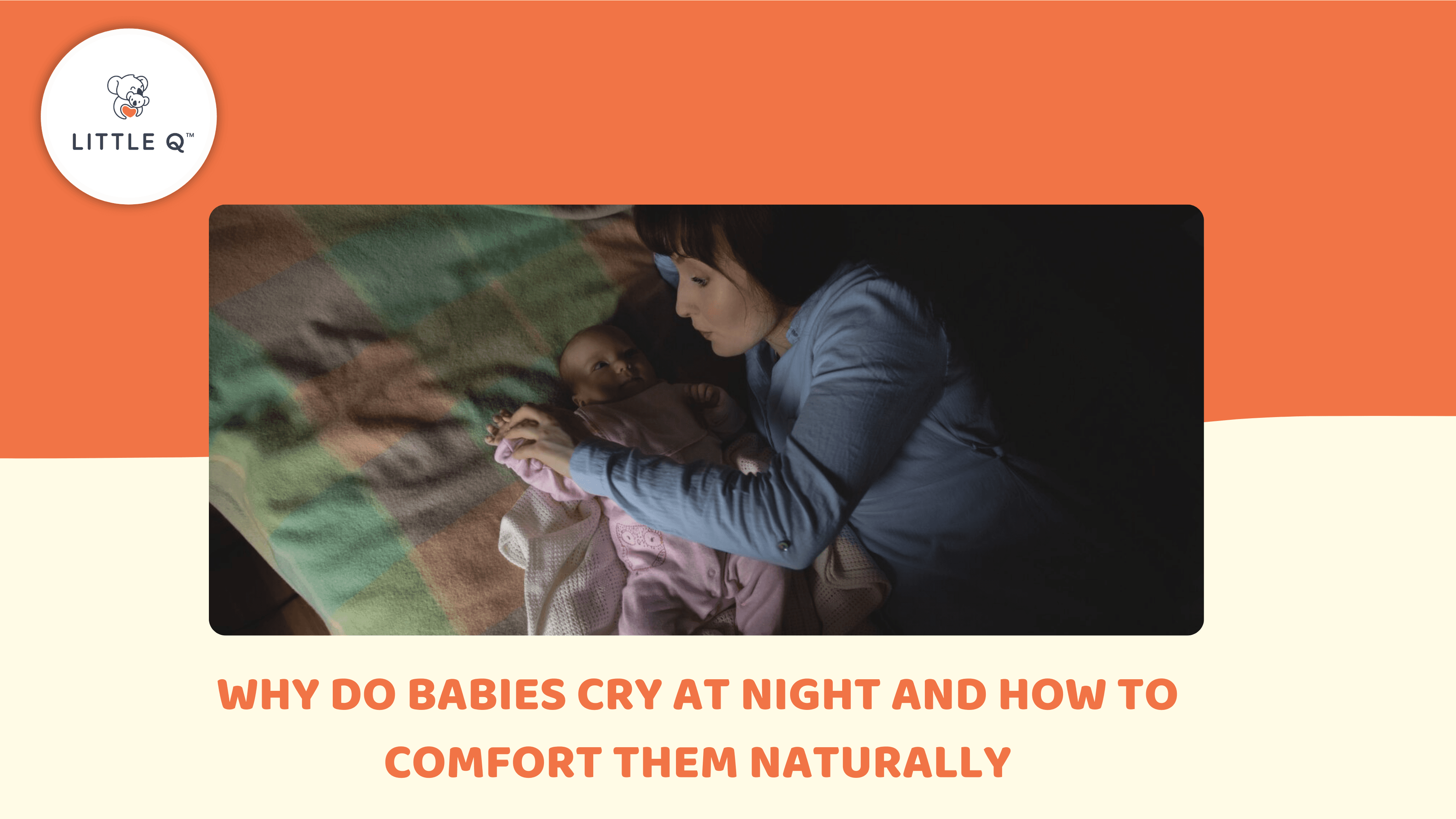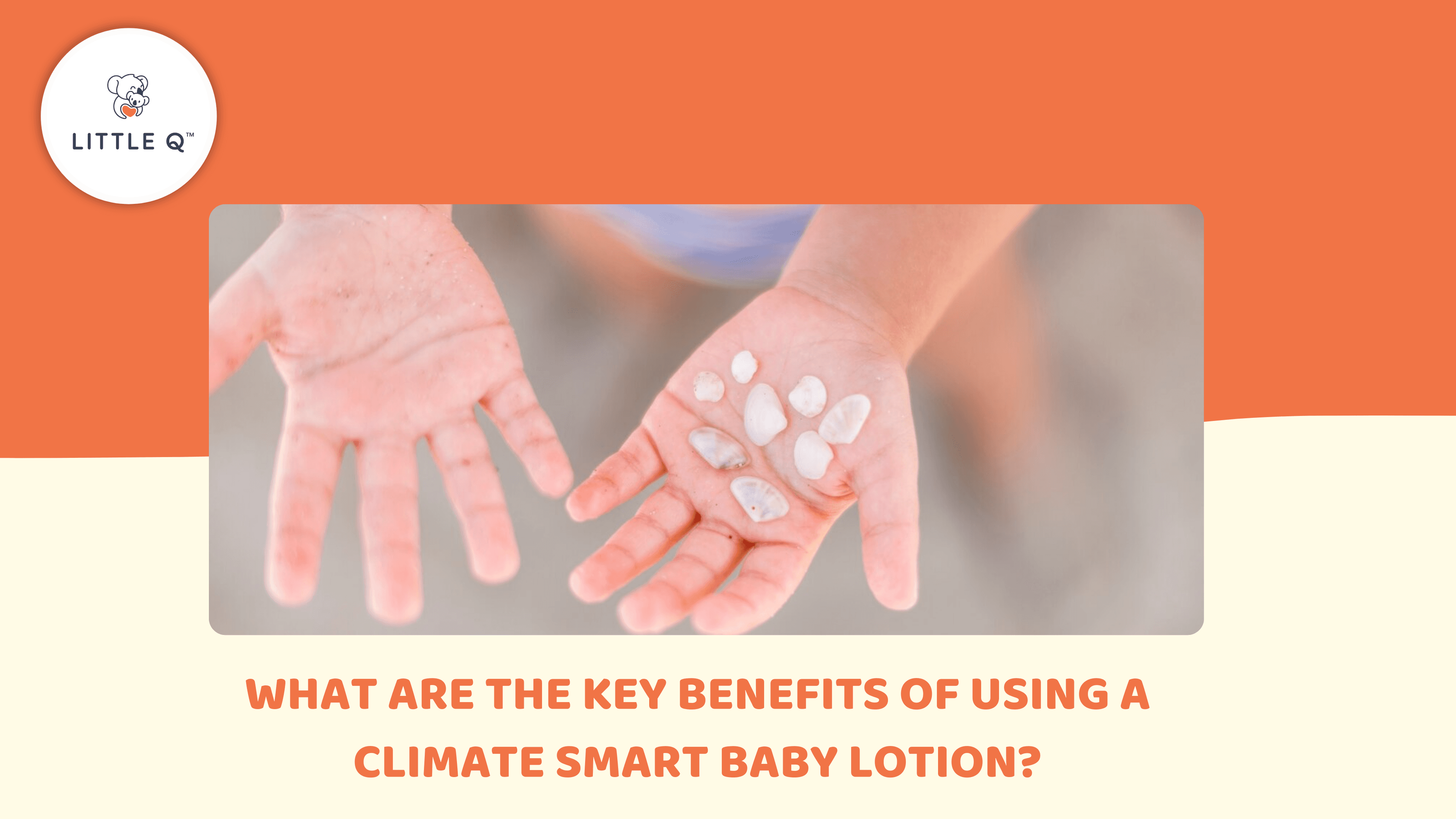Is Your Air Conditioner Drying Out Your Baby’s Skin? Here’s the Fix
Air conditioning can dry out your baby’s skin—discover simple ways to keep their skin moisturized and protected from the effects of AC.
With the heat of summer, air conditioners (AC) can be a lifesaver in maintaining a comfortable temperature for your baby. However, while they cool down the environment, they also have the potential to dry out the air and your baby’s skin. AC and baby skin dryness are often linked, and prolonged exposure to air-conditioned spaces can lead to discomfort, irritation, and dry patches on your baby’s sensitive skin. But don’t worry—there are ways to protect and hydrate your baby’s skin while still enjoying the benefits of AC.
In this blog, we’ll explore how AC affects your baby’s skin, why moisturizing tips for AC use are essential, and how you can protect your baby’s skin from air conditioning without compromising comfort.
How Does Air Conditioning Affect Your Baby’s Skin?
Air conditioners not only cool the air but also dehumidify it, which can lead to a drop in moisture levels. Babies' skin is naturally thinner and more sensitive than adults', making it more vulnerable to environmental changes, including dry air. When your baby is exposed to AC for long periods, the dry air can cause their skin to lose moisture, leading to:
Dryness and Flakiness: The skin’s natural moisture barrier can be disrupted, resulting in dry patches, roughness, or peeling skin.
Irritation and Redness: Dry skin can become irritated and inflamed, causing discomfort and redness, especially in areas like the face, arms, and legs.
Eczema and Rash Flare-Ups: For babies with conditions like eczema, the dry air from an AC can worsen symptoms, leading to flare-ups, itching, and increased sensitivity.
Chapped Lips and Diaper Rash: The drying effect of air conditioning can cause delicate areas like your baby’s lips or the diaper area to become dry, cracked, or irritated.
Why Does AC Dry Out Baby’s Skin?
The main reason AC contributes to skin dryness is that it reduces the humidity in the air. Our skin relies on a certain level of moisture in the air to stay hydrated. When the air around us becomes too dry, the skin starts to lose moisture faster than it can replenish it. Babies, in particular, have thinner skin with a higher surface area relative to their body size, making them more susceptible to dehydration and dryness from dry air.
How to Protect Baby’s Skin from Air Conditioning
Here are some effective moisturizing tips for AC use that will help prevent baby skin dryness caused by air conditioning:
1. Keep the AC Temperature Moderate
While it’s tempting to set the AC to the lowest temperature, this can make the air even drier. Instead, aim to keep the room at a moderate temperature, ideally between 24-26°C (75-78°F), to prevent the air from becoming too dry. This helps maintain both your baby’s comfort and the moisture in the air.
Tip: Set your AC to a moderate temperature and use a fan to circulate air evenly, avoiding direct cold airflow on your baby’s skin.
2. Use a Humidifier
If the air feels too dry, consider using a humidifier in the room where your baby spends most of their time. A humidifier can add moisture to the air, preventing your baby’s skin from becoming too dry. This is especially helpful when the air conditioning is running for extended periods.
Tip: Place the humidifier near the crib or changing area to maintain optimal humidity levels, but make sure it's not too close to avoid wetness on your baby’s skin.
3. Hydrate and Moisturize Regularly
One of the best ways to counteract AC-induced dryness is by keeping your baby’s skin hydrated with a gentle baby lotion or moisturizer. Choose a lotion that is lightweight, non-greasy, and suitable for delicate skin. After a bath or every few hours, apply a hydrating lotion to lock in moisture and create a barrier against the dry air.
Tip: Little Q INTENSE BABY LOTION is an ideal option, as it’s specially formulated for babies’ sensitive skin and provides long-lasting hydration without feeling greasy.
4. Apply Moisturizer After a Bath
Bath time is a great opportunity to help your baby’s skin retain moisture. After bathing your baby, gently pat their skin dry with a soft towel, leaving it slightly damp. Immediately apply a moisturizer like Little Q INTENSE BABY LOTION to lock in the moisture before it evaporates.
Tip: Use lukewarm water for bath time, as hot water can further dry out the skin, especially in an AC environment.
5. Dress Your Baby in Soft, Breathable Fabrics
The clothes your baby wears in an air-conditioned room can also impact their skin’s hydration. Opt for soft, breathable cotton fabrics that allow the skin to breathe while still providing comfort. Avoid heavy or synthetic materials that can trap sweat and make the skin more prone to dryness and irritation.
Tip: Dress your baby in light layers that can be easily adjusted based on the room temperature, ensuring they are cool but not too cold.
6. Use Gentle, Non-Drying Baby Products
Many baby skin care products contain harsh chemicals or fragrances that can strip moisture from your baby’s skin, especially when the air is already dry. Look for gentle, fragrance-free, hypoallergenic products that are designed for sensitive skin.
Tip: Choose products that are free from parabens and artificial additives, such as Little Q INTENSE BABY LOTION, which is specifically made for delicate baby skin and provides moisture without harsh chemicals.
7. Limit Direct AC Exposure
While you can’t avoid air conditioning altogether, try to limit your baby’s direct exposure to the cold air. Position their crib or play area away from the AC vent, and make sure they are not sitting directly in front of a fan or cold airflow.
Tip: Keep the room temperature comfortable without having the AC blowing directly on your baby’s face or body.
Conclusion
Air conditioning may be essential for keeping your home cool, but it can also cause dry skin for your baby if you're not careful. By following these moisturizing tips for AC use, you can help protect your baby’s skin from air conditioning and prevent dryness, irritation, and discomfort. Use a gentle baby lotion like Little Q INTENSE BABY LOTION, which provides long-lasting hydration, and combine it with other strategies like using a humidifier, keeping the AC at a moderate temperature, and dressing your baby in breathable fabrics. With these simple steps, you can ensure that your baby’s skin stays soft, nourished, and protected, even in the dry air of an air-conditioned room.
Disclaimer: The information in this blog is here to help and inform, but it is not a replacement for advice from a doctor or nutritionist. We try to share correct and useful information, but we always suggest talking to your child’s pediatrician or nutritionist for specific advice about their health and nutrition. These professionals know what’s best for your child’s unique needs.









